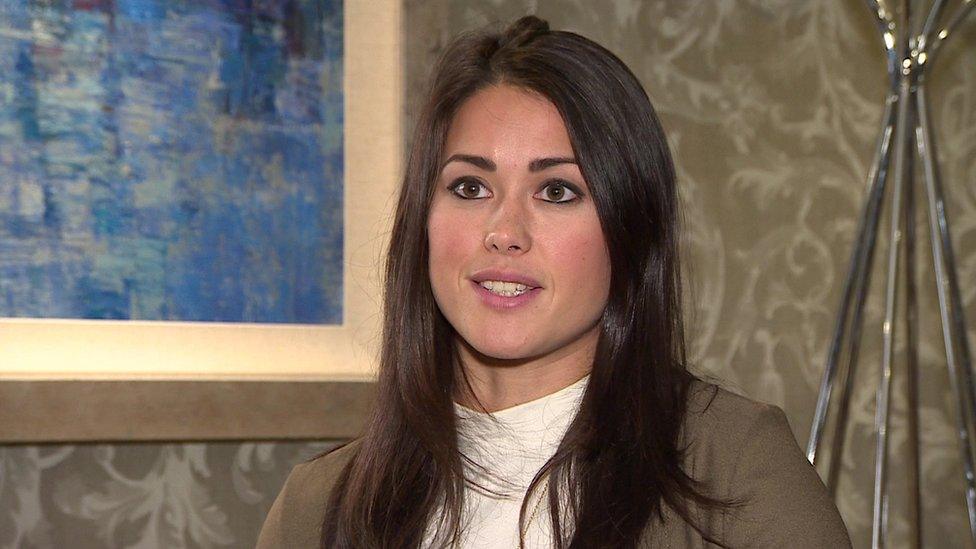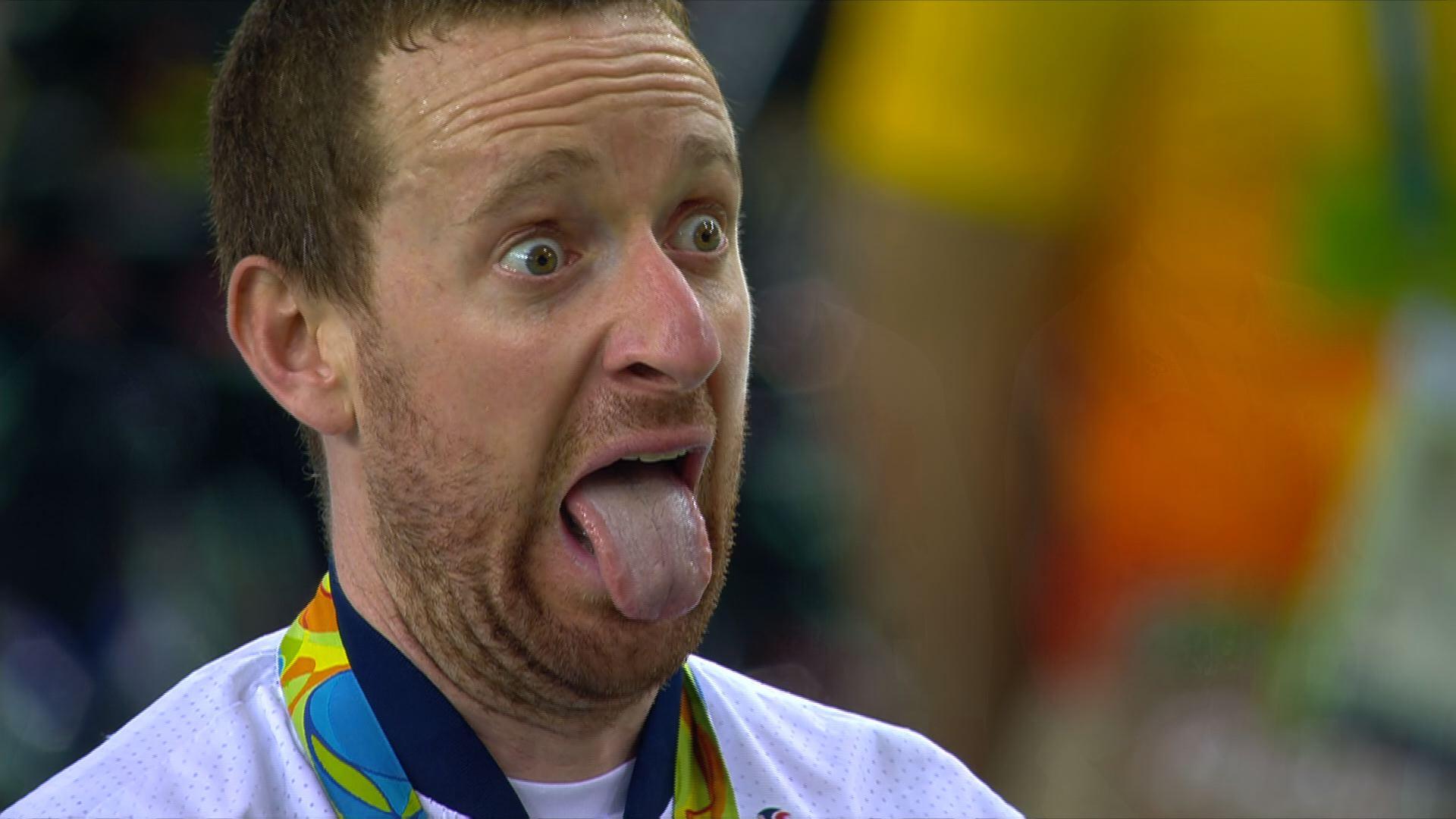Mo Farah, Helen Glover and Justin Rose medical files released by Fancy Bears
- Published

These are the British athletes named in the latest Fancy Bears release
Olympic gold medallists Mo Farah, Helen Glover and Justin Rose are among the latest British athletes to have medical files made public by hackers.
The trio are among 26 individuals whose files were published by hackers Fancy Bears on Monday.
Spanish tennis player Rafael Nadal also features in the latest release.
The records mostly detail therapeutic use exemptions (TUEs), which allow banned substances to be taken for athletes' verified medical needs.
There is no suggestion athletes named are involved in any wrongdoing.
The other Team GB members included in this fourth batch of hacked data are hockey players Alex Danson, Crista Cullen and Samantha Quek, rower Peter Reed, and track cyclist Callum Skinner.
The latest release suggests Farah, who completed a second successive Olympic 5,000 and 10,000m double in Rio, had a TUE in October 2008 for the use of triamcinolone - a long-acting synthetic corticosteroid used for the treatment of a number of conditions including eczema, arthritis and allergies.
The 33-year-old also received a TUE in 2014 after he collapsed following training at high altitude and was put on a drip.
Farah has reportedly said he had only ever had one TUE, external given to him, although it has been suggested he was answering a specific question about his time with coach Alberto Salazar.
A spokesperson for Farah said the athlete had "nothing to hide".
They added: "He doesn't have a problem with this information being released - as evidenced by the fact that he voluntarily shared his blood data with the Sunday Times last year.
"Mo's medical care is overseen at all times by British Athletics and over the course of his long career he has only ever had two TUEs."
The files were stolen from a World Anti-Doping Agency (Wada) database.
Fancy Bears say TUEs are "licenses for doping" and Wada is "corrupt and deceitful".
Wada director general Olivier Niggli has strongly criticised the leak.

British former heptathlete Kelly Sotherton tweeted about TUEs on Monday
Last week, Rio 2016 gold medallists Sir Bradley Wiggins, Laura Trott and Nicola Adams, and three-time Tour de France winner Chris Froome, were among those named as having utilised TUEs.
Fifty-three British athletes from the Rio Olympics may be at risk of having their medical details made public, according to the head of UK Anti-Doping (Ukad).
The vast majority of the TUEs released on Monday are for asthma medication and many of these drugs no longer require special permission as they were reclassified by Wada in 2010.
Rower Glover was allowed to use salbutamol to treat her asthma from 9 November 2009 to 30 November 2013, while golfer Rose had authorisation for daily doses of the anti-inflammatory drug prednisolone he took to treat a back injury that caused him to miss several weeks of action in May and June.
Nadal, a 14-time tennis Grand Slam winner who won Olympic men's doubles gold with Marc Lopez in Rio, had exemptions in 2009 and 2012 for the use of betamethasone - a steroid medication used to treat a number of conditions, including rheumatic disorders.
What are therapeutic use exemptions?
A TUE allows an athlete, for medical reasons, to take a prescribed substance or have treatment that is otherwise prohibited.
British athletes must contact their national governing body or follow Ukad guidance before applying for a TUE.
There are strict criteria for one to be granted:
The athlete would suffer significant health problems without taking the substance.
It would not be significantly performance-enhancing.
There is no reasonable therapeutic alternative to its use.
The need to use it is not due to prior use without a TUE.
Ukad says it has "a number of robust controls in place to make it as difficult as possible" for athletes to misuse the system.
- Published19 September 2016

- Published15 September 2016

- Attribution
- Published15 September 2016

- Attribution
- Published15 September 2016

- Published13 August 2016

- Published24 July 2016
